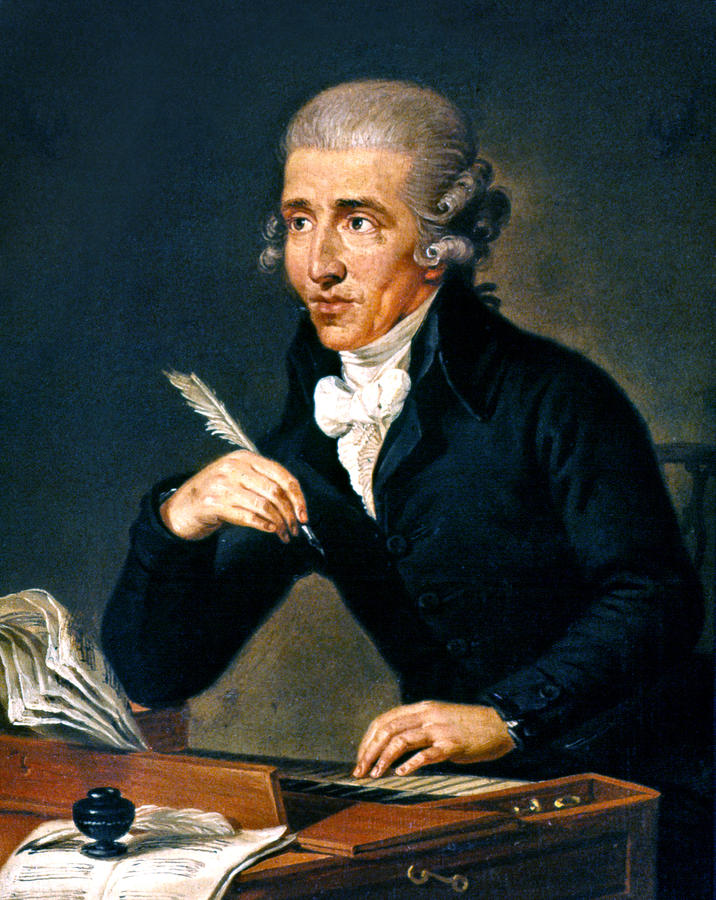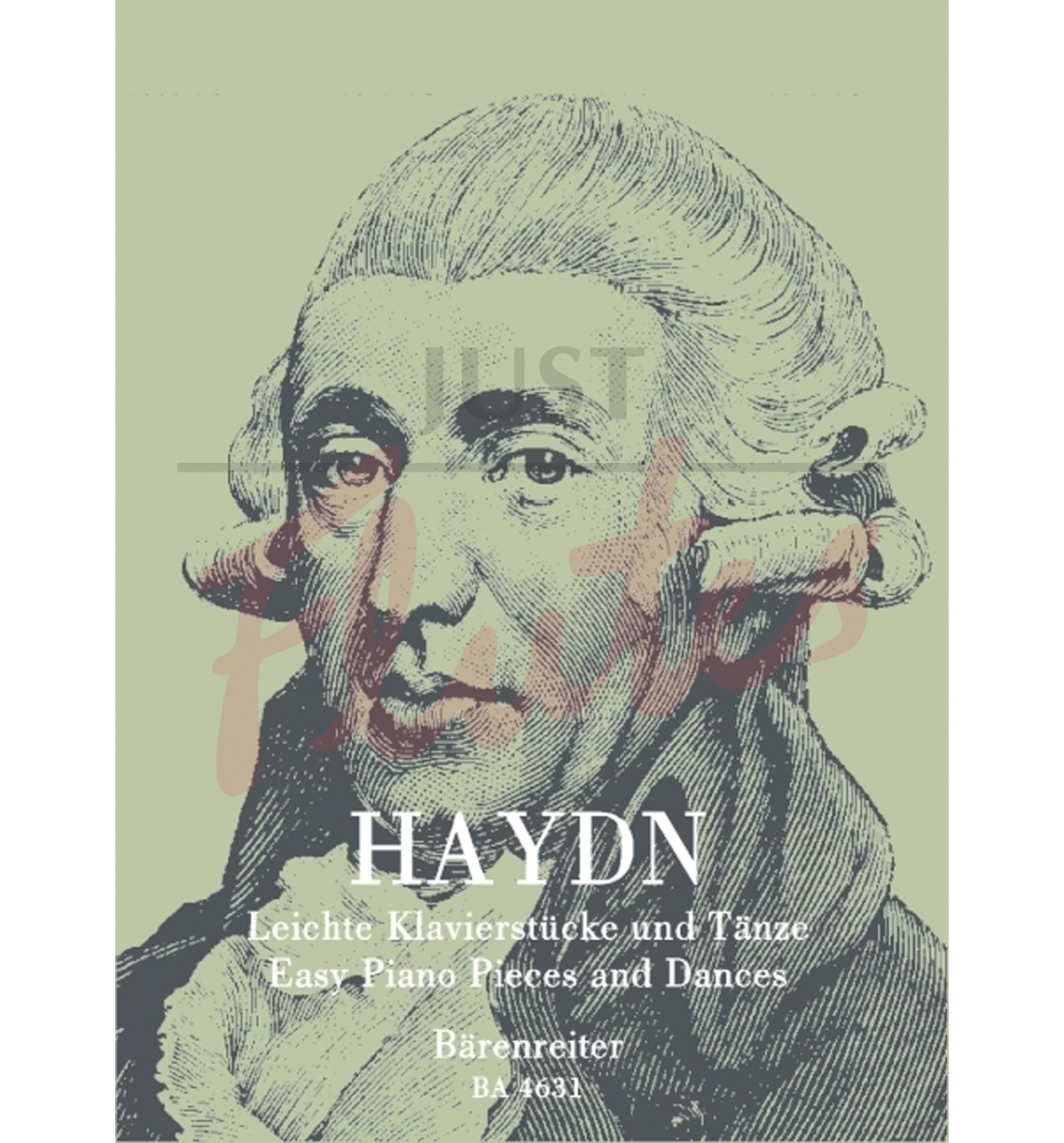

"One of Haydn's greatest works is the 'Missa in angustiis' (Mass in Troubled Times). He states, "Haydn's spirituality was thoroughly Christian (catholic with clear Catholic accents), and his music reflects it as it reveals splendor in the ordinary and grace in the common." The last paragraph of the book points to how we can praise God through Haydn's music. However, the author of the book was convinced of Haydn's faith and there is no reason for me to argue. Haydn was known somewhat for his philandering early on in his life and he and his wife did not have a good relationship and didn't have any children. The book didn't address Haydn's faith much until the last chapter and it seems vague how strong his faith really was. The title of the book is a bit of a misnomer. Just imagine if Mozart had lived to be 70! Of course his long life contributed to the massive amount of work he was able to compose. So it was not until later in his life when Haydn was released from his work for the Esterhazy's and spent time in London that he began writing masses and oratorios of which the best known is "The Creation." Unlike other composers of his time, Haydn lived to be into his 70s and was still composing music up until a few years prior to his death. He didn't write much religious music because that was not his patron's main interest.

He wrote these trios because his patron played the instrument all that time spent on these compositions and we can't even use them anymore! Haydn spent the majority of his life in the employ of the Esterhazy family for a period of time he wrote a symphony a week, wrote operas for the opera house at the court, string quartets, and much more. He wrote 175 works for an instrument called the baryton, which is no longer in use. Haydn is known for the prolific amount of symphonies he wrote (108 - no one else has even come close), however, he wrote a LOT of other music too. However, considering he wrote almost 500 works, I'm not sure he had much time for a personal life! The amount of works he wrote is what really struck me. This biography doesn't talk much about Haydn's personal life but mostly focused on his works. This was a very complete biography of the life of Franz Joseph Haydn (whom I learned preferred to be called Joseph). I can't wait to listen to the 50,000 pieces I selected out of reading this book! Haydn was no secularist, religious feeling imbued a lot of his music, but never dented his fine sense of humor. Perhaps one may detect a less-secular lean than one might expect, but that's fine. Haydn's context is made much of, since he spent much of his career writing commissioned works for various princes near Vienna, and he was very much a man participating in his time. It keeps to a straight path, without delving too much into the gossipy (Haydn, fabulously ugly, apparently was quite a hit with the ladies his "Surprise Symphony" was a personal testimony as to his "hidden assets", hence the sproinging sounds-okay, I made that last bit up). It strikes a nice balance between bio and analysis of the music, weaving it into Haydn's playful aesthetic while preserving the seriousness of his place in music, not simply as forerunner to Mozart and Beethoven, but as a powerful composer in his own right. Having exhausted and filled out the contours of what I think is the best that the genre has to offer, but hungry for more, I wondered, what about all those composers I've mocked over the years for their coaches-rolling-over-peasants aesthetic? The imbecility of the galant? The horror that is the 18th century, unfeeling, emotionless composition?Ĭhallenging my own insipid prejudices is always fun, but where to start? I decided to simply choose composers, hopefully in historical order, read about them, pluck out some representative works with some nice criticism attached and then hear the shit out of them. Classical music is awesome, but if you're a relentless moron like me, you disparage some of it without ever having given it a chance.


 0 kommentar(er)
0 kommentar(er)
